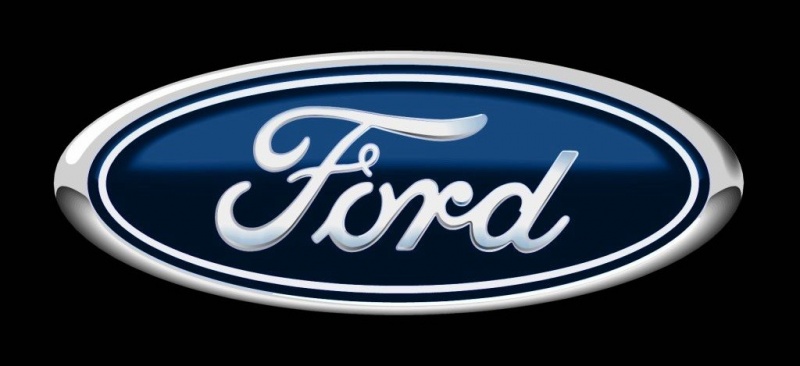
Ford is pushing to electrify its vehicles going forward, and the company just made another big move to enter the largest market in the burgeoning EV landscape: China.
The automaker signed a definitive joint venture agreement with China’s Zotye to invest a combined $756 million to build electric cars within the country’s borders. The deal creates a new entity, Zotye Ford Automobile Co. Ltd., for which the companies will hold equal stakes. The two companies previously signed a memorandum of understanding back in August, so the more formal partnership shouldn’t come as a surprise.
Zotye is no stranger to the Chinese EV market — the brand says it has sold 22,500 of its small, all-electric cars as of October. The carmaker’s experience and presence in China will no doubt be valuable to Ford, which faces competition from fellow U.S. auto giants like GM, which has already unveiled a small EV for Chinese urbanites through its Baojun brand, the E100.
The Ford-Zotye deal is currently pending government approval (under Chinese policy, foreign automakers are required to have a domestic partner to manufacture vehicles in the country, although the allure of Tesla could change that). Once the companies receive the go-ahead, the new brand plans to build a manufacturing plant in the country’s Zhejiang Province. Zotye Ford will also “explore the opportunity to offer new mobility services in China,” aiming to address other aspects of transportation.
Given the automaker’s emphasis on urban transportation and innovation, those new services could wind up pertaining to public ride-sharing programs and autonomy, two major trends also sweeping the auto development world.
Since the deal hasn’t been approved by regulators yet, it’s not clear when the companies will break ground on the manufacturing facility. Ford already has JV deals with two other Chinese automakers, however, so it won’t be a matter of the company producing cars in the country for the first time.
China has been embracing an aggressive plan to stimulate electric car production, including a potential ban on gas-powered vehicles. The country can now add another auto giant to its growing list of EV investment, while Ford can concentrate on fulfilling its pledge that at least 70 percent its vehicles sold in China will be electrified by 2025.
Source : Mashable


































